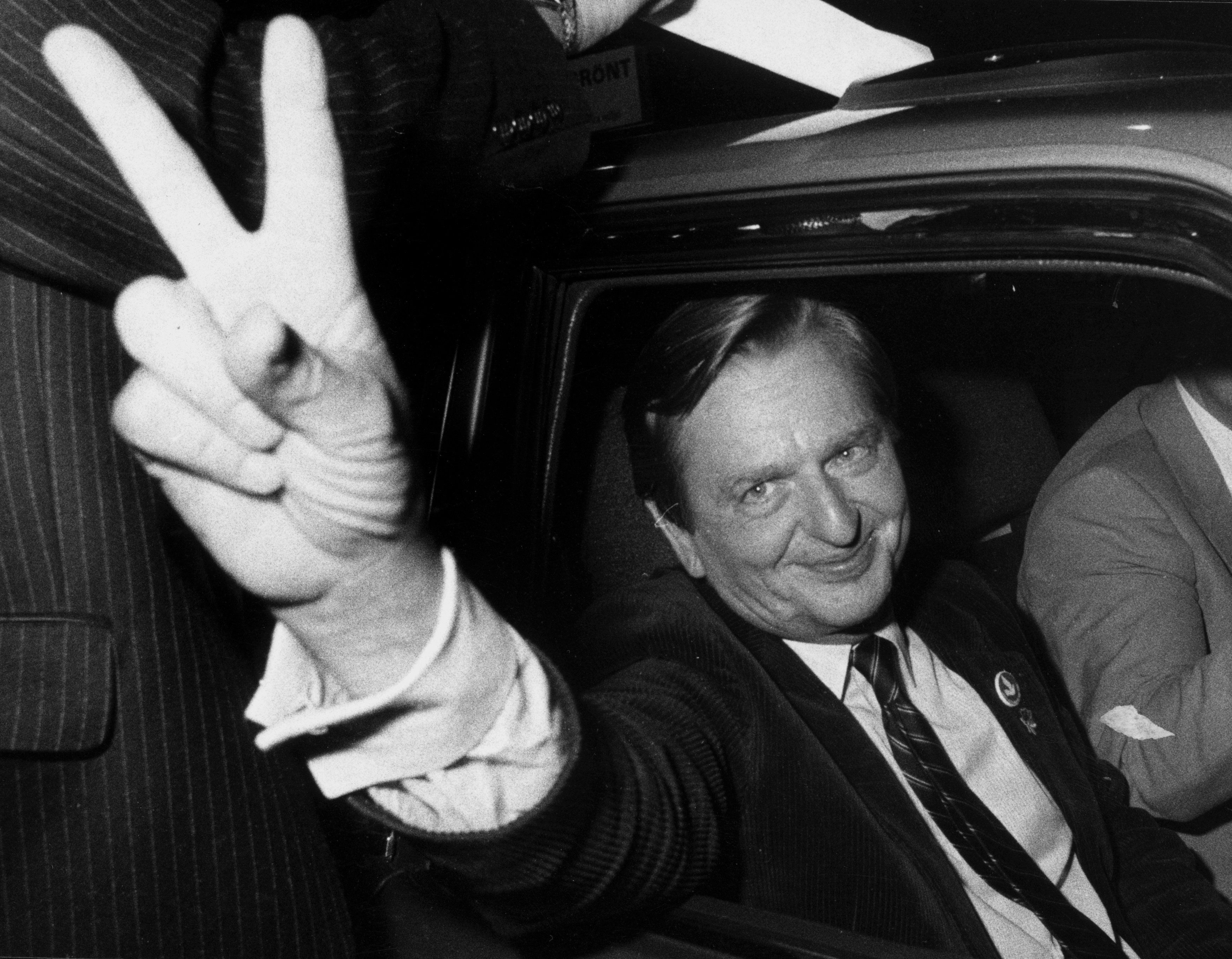News
June 10, 2020
34: In February 1986, Swedish prime minister Olof Palme, a towering figure in the country's postwar politics, was shot dead in central Stockholm. Now, 34 years later, police say they know who did it: a struggling graphic designer named Stig Engstrom. Because Engstrom died, possibly by suicide, in 2000, the case has now been closed.
53: Police in Hong Kong arrested 53 people during pro-democracy protests on Tuesday. Hundreds of people had taken to the streets in anger at Beijing's new security law. See our interview on the "end of democracy in Hong Kong" with pro-democracy lawmaker Dennis Kwok.
20: All 50 states of the US are now slowly emerging from coronavirus-related restrictions, 20 states are reporting a rising number of cases, according to Johns Hopkins University data. As the infection rate abates in the early epicenters of the northeast, cases are rising elsewhere. Arizona, Arkansas, Michigan, and South Carolina are being hit especially hard.
4: An unusually mild winter, coupled with worldwide coronavirus-related economic shutdowns, have cratered global demand for natural gas in recent months. The International Energy Agency now says consumption of the stuff will fall by 4 percent this year, the largest annual drop in history.
More For You
Hellenic coast guard performs SAR operation, following migrant's boat collision with coast guard off the Aegean island of Chios, near Mersinidi, Greece, February 4, 2026.
REUTERS/Konstantinos Anagnostou
15: The number of migrants who died after their boat accidentally collided with a Greek Coast Guard vessel in the Aegean Sea on Tuesday. Two dozen people were rescued.
Most Popular
Walmart is investing $350 billion in US manufacturing. Over two-thirds of the products Walmart buys are made, grown, or assembled in America, like healthy dried fruit from The Ugly Co. The sustainable fruit is sourced directly from fourth-generation farmers in Farmersville, California, and delivered to your neighborhood Walmart shelves. Discover how Walmart's investment is supporting communities and fueling jobs across the nation.
Workers repair a pipe at a compound of Darnytsia Thermal Power Plant which was heavily damaged by recent Russian missile and drone strikes, amid Russia's attack on Ukraine, in Kyiv, Ukraine February 4, 2026.
REUTERS/Valentyn Ogirenko
Democratic Alliance leader John Steenhuisen announced Wednesday that he will not run for a third term as leader of the liberal, pro-business party, after months of internal pressure over a host of controversies – including allegations, since cleared, that he used the party credit card for Uber Eats.
© 2025 GZERO Media. All Rights Reserved | A Eurasia Group media company.
